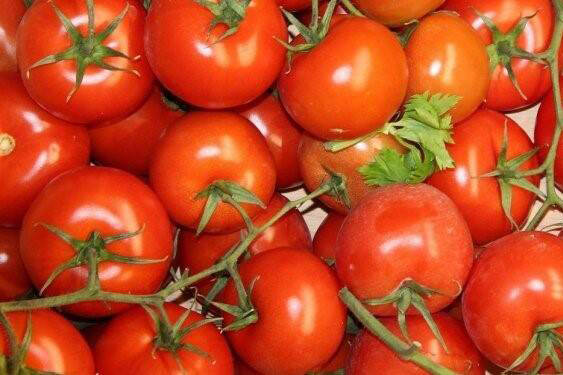Spain: The future of the Canary tomato is waiting for Brexit
50% of the tomato production of the Canary Islands is consumed in the UK. The aid received by growers for transport and from the POSEI* is essential for its export which is tied to intra-community trade.

Last week, Government officials of the Canary Islands and representatives of the tomato and cucumber growers of the archipelago requested the authorities of the Ministry of Agriculture to maintain the agricultural and transport aids associated to their insularity in view of the Brexit.
They explained that 50% of the Canary tomato production, on which 6,000 direct and indirect jobs depend, is currently exported to the UK.
The Canary Islands export an annual average of 37,500 tons of vegetables, fruits, tubers, cut flowers, plants, spices and medicinal plants to the British market.
For this trade to continue, according to the Canary delegation, “it is necessary to maintain the aid”, which is linked to the marketing of fresh products to EU countries, as “the transport compensation and the POSEI subsidies are currently linked to the fact that the tomato production is sent to the UK”.
It seems that the ministry is sensitive to this situation and willing to achieve exceptionalities in the current aid for agriculture in ultra-peripheral areas regarding the Brexit. “The solution could be to expand the marketing aid and the POSEI’s agricultural area”, the ministry director declared.
Thanks to this program, the Canary tomato sector receives and aid of €15,000 per hectare, with the requirement this production be sent to the EU countries.
* Standing for "Programme of Options Specifically Relating to Remoteness and Insularity", the POSEI programmes name originates from the French acronym "Programme d'Options Spécifiques à l'Éloignement et l'Insularité".
Source: EfeAgro.com